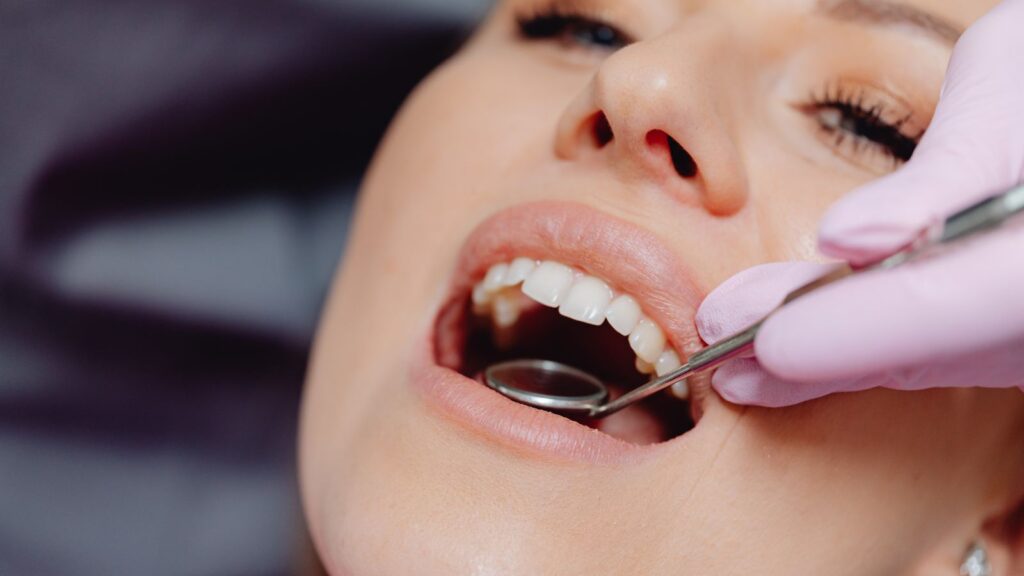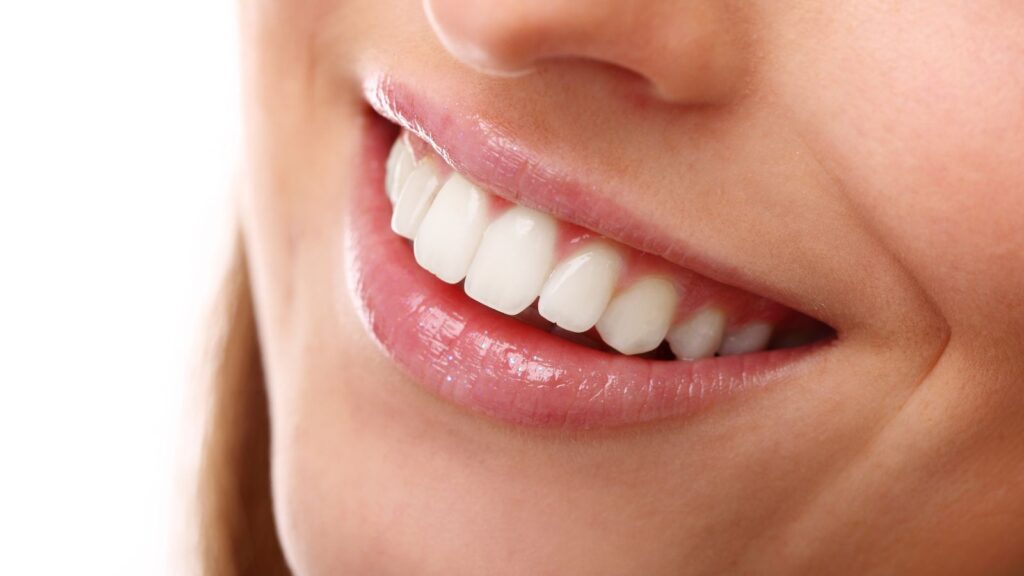Most people know stress can impact sleep, energy, or mood — but far fewer realise it can also show up inside your mouth. When life feels overwhelming, your body responds in ways that may quietly affect your teeth, gums, and overall oral health. Some people don’t connect the two until a dentist points it out, which is why understanding the link is so important. And while anyone can be affected, many people seek support from a dentist Liverpool or their local clinic once symptoms start to build.
Stress doesn’t just live in your mind; it influences your habits, hormones, and daily behaviour — all of which can have a direct impact on your mouth.
Stress Can Change Your Everyday Habits
When you’re under pressure, the first things to slip are often basic routines. Even a few small disruptions can add up over time.
Common habit changes include:
- Forgetting to brush or floss consistently
- Grabbing sugary snacks or drinks for quick comfort
- Skipping dental appointments because you’re “too busy”
- Clenching your jaw without realising it
These habits don’t make someone careless — they simply reflect how stress shifts your priorities. The goal isn’t perfection, but awareness. When you know what patterns to look for, you can catch them before they create issues.
Teeth Grinding: One of the Most Overlooked Signs
Grinding or clenching — especially during sleep — is one of the most common stress-related behaviours.
This can lead to:
- Headaches or jaw tension
- Worn-down teeth
- Increased tooth sensitivity
- Cracks or small fractures in the enamel
You might not even know it’s happening unless a partner mentions the noise or a dentist notices the wear. Because it occurs unconsciously, grinding often becomes a long-term habit that continues even after the stress settles.
How Stress Weakens Your Immune Response
Your mouth is full of good and bad bacteria, and your immune system keeps everything in balance. But stress hormones — particularly cortisol — can interfere with that balance.
When cortisol stays high for too long:
- Your gums become more prone to inflammation
- It’s easier for bacteria to cause infections
- Small irritations can turn into bigger issues
This is one reason gum problems often flare up during stressful periods. What starts as mild irritation can progress into bleeding gums or early-stage gum disease if left unchecked.

Dry Mouth: A Quiet Problem With Big Consequences
Saliva plays a major role in protecting your teeth. It washes away food particles, strengthens enamel, and helps prevent cavities. But stress can reduce saliva production, leaving your mouth drier than usual.
Dry mouth increases the risk of:
- Cavities
- Bad breath
- Thick or sticky saliva
- Mouth sores
It’s not always noticeable at first — many people only realise when they start waking up with discomfort or a burning sensation.
Stress Can Increase Sugar Cravings
Your brain wants quick energy when you’re stressed, which is why sweet foods feel so comforting. Unfortunately, sugar feeds the very bacteria that cause cavities and gum problems.
It’s not about eliminating sugar entirely — rather, being mindful of:
- How often you snack
- Whether you rinse or brush afterwards
- The types of drinks you rely on (e.g., soft drinks, energy drinks, sweetened coffee)
Even swapping just one daily sugary drink for water can make a noticeable difference.
Mouth Ulcers and Sores May Appear
Stress doesn’t directly cause mouth ulcers, but it can make you more vulnerable to them. When your immune response dips, your mouth becomes more reactive to:
- Minor bites
- Rough foods
- Irritation from braces or dental appliances
Ulcers aren’t dangerous, but they are uncomfortable — and stress often makes them slower to heal.
How to Protect Your Oral Health During Stressful Periods
The good news: you don’t need dramatic lifestyle changes to cushion your oral health from the effects of stress. A few small, consistent habits can make a big difference.
Try these practical steps:
- Stick to basics even on busy days. A quick, consistent routine beats a perfect one done occasionally.
- Drink more water. It helps combat dry mouth and washes away bacteria.
- Use a mouthguard if you grind your teeth — even a simple one can prevent serious wear.
- Choose snacks you don’t have to brush immediately after, like nuts, cheese, or crunchy vegetables.
- Pay attention to jaw tension. Gentle stretching or a warm compress can help.
Most importantly, listen to your body. If something feels off — persistent sensitivity, jaw pain, bleeding gums — it’s worth getting checked early. Stress may be the underlying cause, but your oral health still needs support.

Small Adjustments Now Prevent Bigger Problems Later
Stress is a normal part of life, but its impact on your mouth often flies under the radar. By understanding how emotional pressure affects your habits, immune response, and oral environment, you can take simple steps to protect your smile even during challenging times.
The more proactive you are, the easier it becomes to maintain healthy teeth and gums — no matter what life throws your way.

